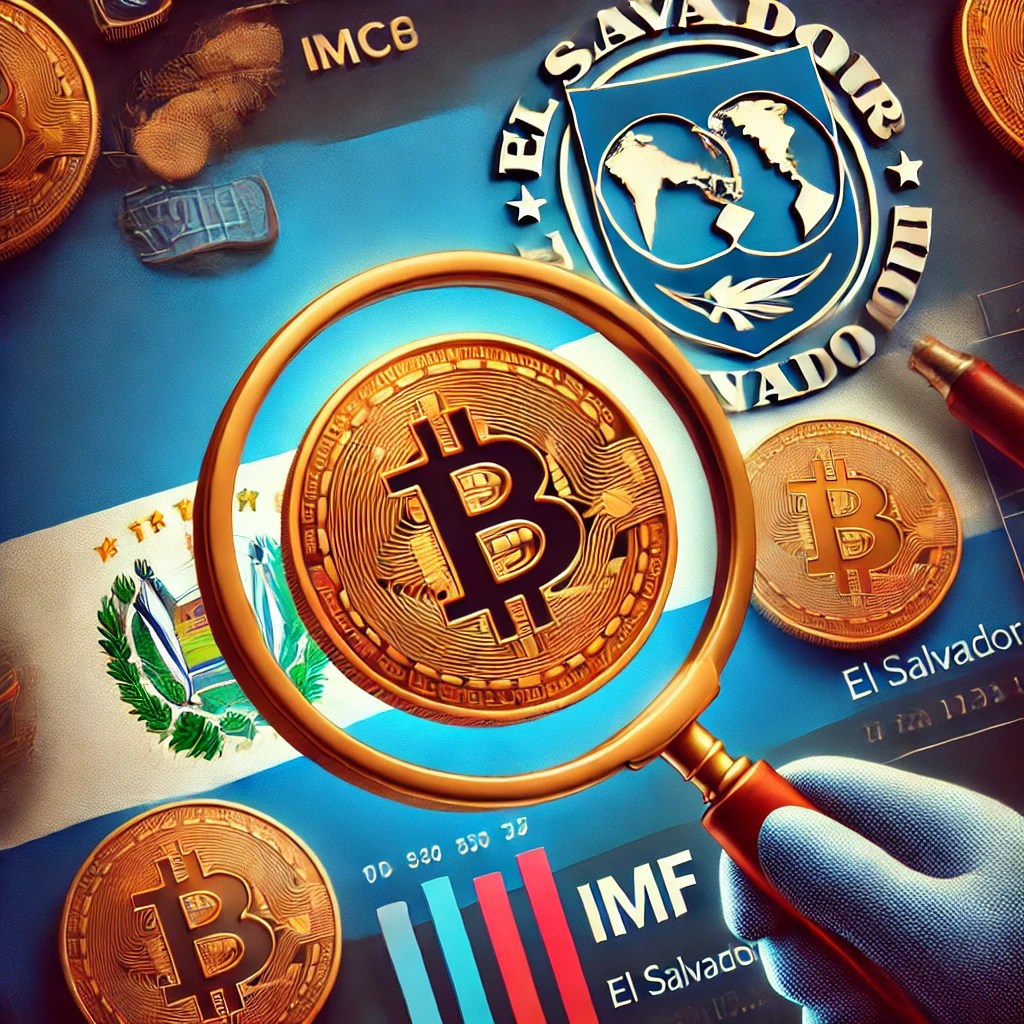According to latest reports, El Salvador Bitcoin’s dream is now under scrutiny by The International Monetary Fund (IMF). Particularly, the IMF has urged El Salvador to reconsider its approach to its Bitcoin law, recommending “narrowing” the law’s scope and reducing the public sector’s exposure to Bitcoin.
Notably, BTC became a legal tender in El Salvador in September 2021, and ever since, the country has been actively working to integrate the crypto asset within the region.
The Push To Tame Bitcoin Law, Why?
The IMF’s call for El Salvador to limit its Bitcoin policy comes from ongoing discussions with Salvadoran authorities about “macroeconomic stabilization and reform policies.” Julie Kozack, IMF’s communications director, addressed the organization’s concerns at a recent press briefing.
She emphasized the need to address risks associated with Bitcoin adoption in El Salvador, stating that regulatory oversight and the overall framework governing the country’s BTC ecosystem require strengthening.
The briefing revealed that the IMF is in talks with El Salvador to establish a program to stabilize the economy, support growth reforms, and tackle issues tied to BTC’s legal status.
Specifically, they disclosed that their push for El Salvador to make a policy change on its Bitcoin laws is due to the “potential risks” involved in El Salvador’s comprehensive embrace of the asset, concerning “fiscal policies and financial stability.”
What is Next for El Salvador?
Despite the legal integration of BTC as an alternative currency, the IMF believes that many of the associated risk are yet to be materialized completely. The IMF noted in a statement published in August:
There is joint recognition that further efforts are needed to enhance transparency and mitigate potential fiscal and financial stability risks from the Bitcoin project. Additional discussions in this and other key areas remain necessary,
Notably, the IMF plan, as disclosed, is to ensure that El Salvador’s public sector does not become “overly exposed” to BTC’s volatility and that the digital currency is “well-regulated” within the broader financial system. They added in the statement:
Progress has been made in the negotiations toward a Fund-supported program, focused on policies to strengthen public finances, boost bank reserve buffers, improve governance and transparency, and mitigate the risks from Bitcoin
Meanwhile, it is worth noting that the Salvadoran government’s bold move to recognize Bitcoin as a legal tender marked a global first and has positioned the country at the forefront of crypto innovation.
The region has made several developments concerning crypto to cement it as a crypto hub further. El Salvador added 162 BTC to its national holdings in August this year.
Additionally, in February, the country launched a BTC educational project to empower its young citizens with the skills needed to run a node on the BTC network.
Featured image created with DALL-E, Chart from TradingView
Read the full article here

